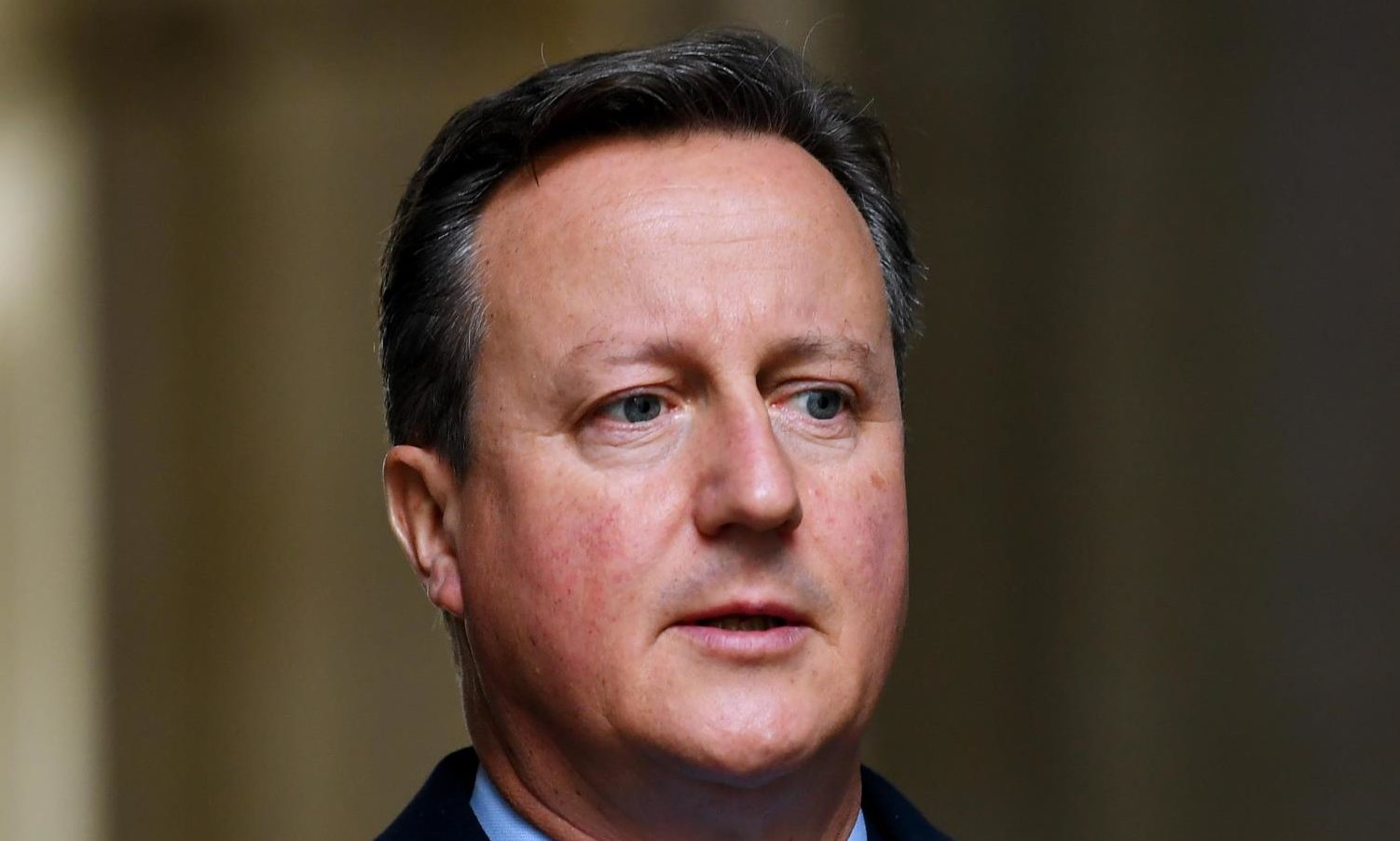If Scots thought or, perhaps more accurately, hoped that England’s failure in the final of the Euros will bring an end to the flag waving and jingoism flowing from south of the border they are going to be sorely disappointed.
The competition has ignited a fierce debate about what Gareth Southgate’s side represent. Are they a team that is politically switched on, socially conscious, and inclusive? Or are they just 11 men chasing a ball about? Does it matter more what’s in their heads or what’s on their shirt?
There’s two reasons that the answers matter. Politically, Downing Street is trying to work out how to harness the forces felt through England’s run to the final.
But on a bigger level it represents a new phenomenon – English nationalism. It’s a combination of two terms previously thought best kept apart.
The SNP defanged nationalism
Englishness has for decades been rolled up with Britishness. Every Scot that has been abroad has had to explain to someone somewhere on the globe that Scotland is not a part of England.
Nationalism was long felt beyond the pale. Politically it was a small step to images of Oswald Mosley’s blackshirts peddling hate and starting a rammy.
The Leave campaign fed off nationalist tropes, the end result speaks to British exceptionalism
Ironically, it’s the success of the SNP that has defanged nationalism. The SNP may protest that the term is not in their name but what is a “national party” if not peopled by nationalists?
And it’s the SNP that are going to have to wrestle with the nationalist giant awoken next door.
Holyrood’s government is already dealing with the fallout of the Brexit vote. The Leave campaign fed off nationalist tropes, the end result speaks to British exceptionalism.
The sad farrago in Northern Ireland is proof enough that the Brexiteers now running Number 10 didn’t think through the consequences of their actions beyond the bounds of England.
David Cameron’s EVEL idea
Faced with the intricacies of the union, the administration is doubling down. This week the UK Government starts the process of repealing English Votes for English Laws, a policy with the unfortunate acronym EVEL but in reality about as evil as Dick Dastardly – neither very bad nor very effective.
EVEL was David Cameron’s bright idea to buy off restlessness among his MPs about the vow to further beef up Holyrood immediately after 2014’s vote against independence.
But we know how David Cameron’s bright ideas to buy off backbench restlessness always end. EVEL ensured only English MPs could vote on legislation that only impacted England – devolved stuff like health, transport and schools.
Leading pro-independence politicians complained they were being made second class MPs, unable to fully participate in a parliament they didn’t actually want to be in. But anyone who thinks this Westminster government has repealed English Votes for English Laws because they believe in Scottish Votes for English Laws is sadly mistaken.
Instead they are preparing to cook up legislation that will trample on the toes of the devolved administrations.
Nationalism is a drain and a distraction
Powers returned from Brussels are not going to rest in London, they will be wielded across the union. Whether it’s freeports or state aid for failing firms Westminster is going to make decisions and ensure everyone knows that it’s Boris Johnson’s benign munificence that brought all the boats to Peterhead or propped up a struggling shipyard.
Nationalism casts accident of birth as the both the problem and the solution every time. It’s circular logic that by definition leads nowhere
Whether such schemes come off or not is hardly the point. They will give unionists in Scotland something to point at to make the case for staying in the UK. And that will present a new challenge to the Scots nationalists.
The latter will have to sharpen up their game in the face of a confident English nationalism.
For the final and fundamental problem with nationalism is that it’s a drain on intellectual energy that ought to be channelled into tackling real world problems.
English nationalism is ugly, powerful, pointless and impossible to ignore
To bring everything back to football, one ex-Scotland player turned independence supporter tweeted his distaste for the ITV commentary during England’s semi-final win over Denmark.
He’d correctly identified that the commentary team were English buffoons. His remedy was to replace them with Scottish commentary, that their nationality not their buffoonery was the problem.
Nationalism casts accident of birth as the both the problem and the solution every time. It’s circular logic that by definition leads nowhere but depletes the political capital to go round.
Since 2016 we’ve seen Westminster expend energy grappling with the nationalism unleashed and trying to square the ever decreasing circles of Brexit. England’s run in the Euros has been a flexion point in that debate.
But while the players on the pitch represented one vision of a progressive and inclusive England, the hoodlums outside throwing bottles in Leicester Square or knocking over coppers as they rammed their way into Wembley on Sunday night may be a more accurate symbol of the English nationalism that will dominate politics for some time to come – ugly, powerful and pointless.
And for Scots and the Scottish government it will be impossible to ignore.
James Millar is a political commentator and author and a former Westminster correspondent for The Sunday Post



